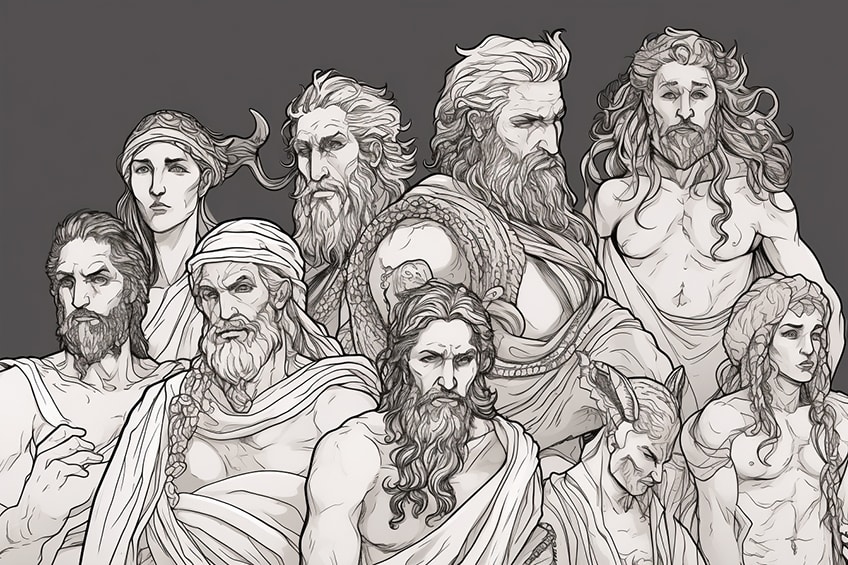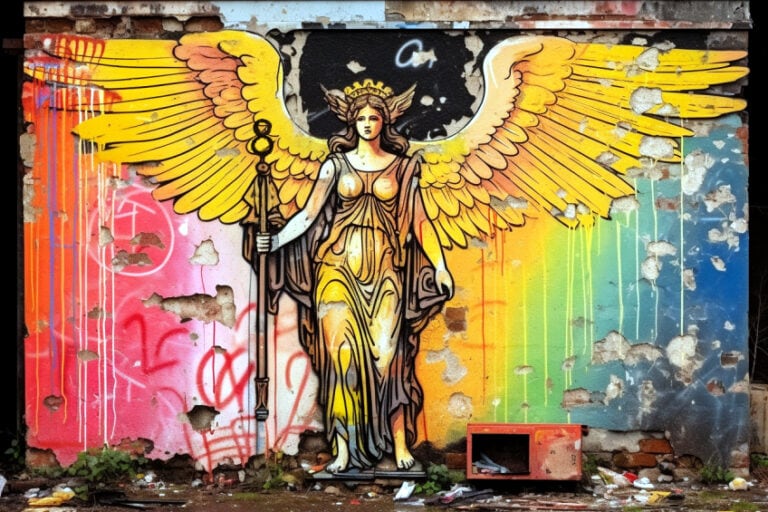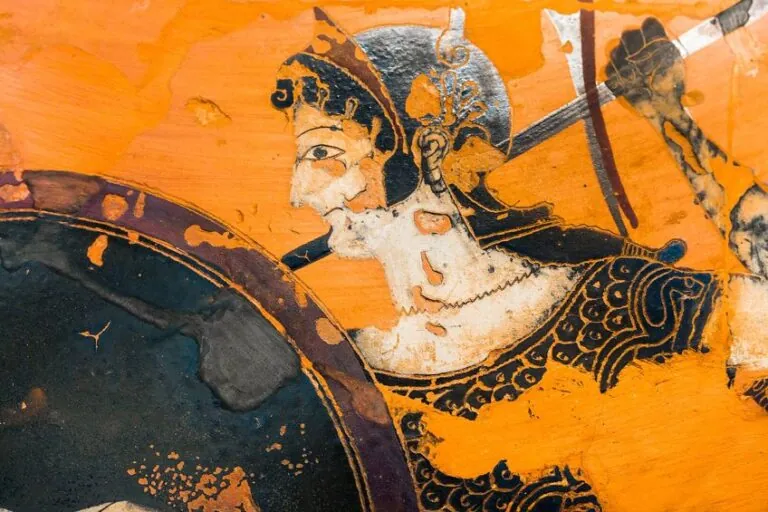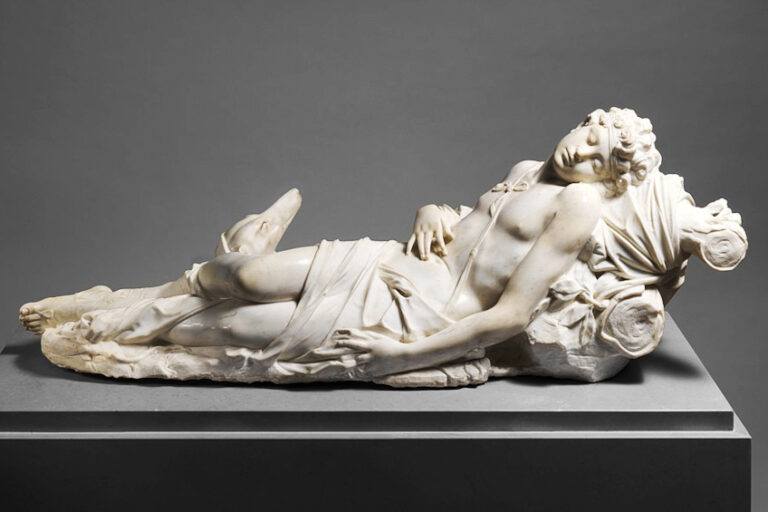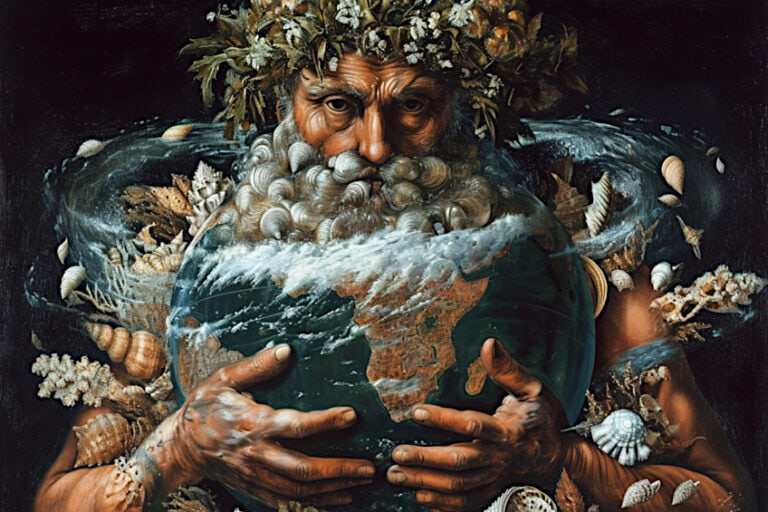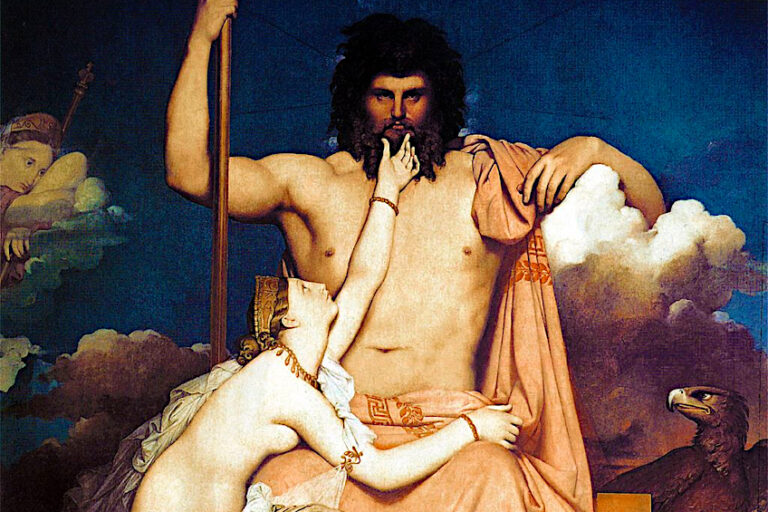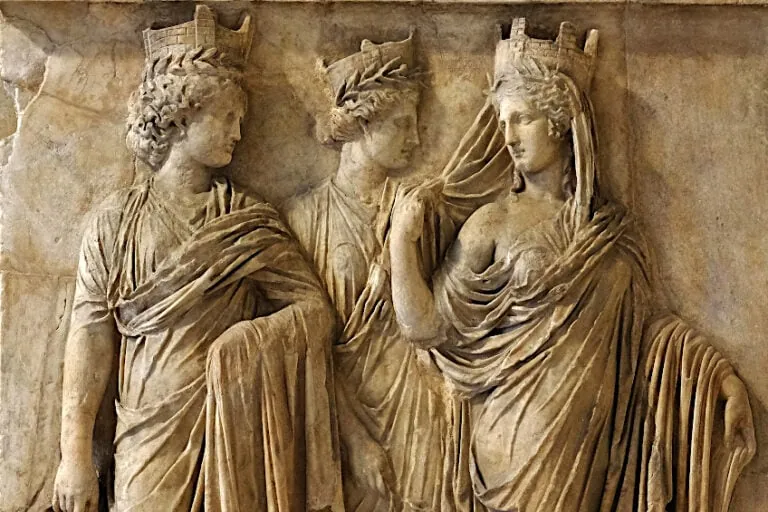Greek God Symbols – The Symbols of Power
In Greek mythology, the twelve Olympian gods and goddesses were the most important and powerful deities in the pantheon. Each god or goddess was associated with specific symbols that represented their domain and personality. These symbols were often depicted in artwork and literature, and they played a significant role in defining the character and identity of each Olympian. Understanding the symbols of the twelve Olympian gods can provide insight into their roles and mythology, and it can help us appreciate the rich complexity of Greek mythology.
The twelve Olympian gods have different symbols because each symbol has a specific meaning and is associated with nature and the area for which each god or goddess is responsible. These symbols are often closely related to the myths and legends that characterize the gods and goddesses.
These symbols help define the identity and personality of each god or goddess and illustrate what they represent and are known for.
The Symbols of the 12 Olympian Gods
| Olympian God/Goddess | Greek Symbols | Domain |
|---|---|---|
| Zeus | Lightning bolt, eagle, oak tree | King of the gods, ruler of the sky and thunder |
| Hera | Peacock, cow | Goddess of marriage and family |
| Poseidon | Trident, horse | God of the sea, earthquakes, and horses |
| Demeter | Sheaves of wheat, cornucopia | Goddess of the harvest, fertility, and nature |
| Athena | Owl, olive tree, shield, helmet | Goddess of wisdom, strategy, and war |
| Apollo | Lyre, sun chariot, laurel | God of music, poetry, prophecy, and healing |
| Artemis | Moon, bow and arrows, deer | Goddess of hunting, wilderness, and childbirth |
| Ares | Spear, helmet, weapons | God of war and violence |
| Aphrodite | Dove, rose, seashell | Goddess of love, beauty, and fertility |
| Hephaestus | Anvil, hammer, fire | God of fire, blacksmithing, and craftsmanship |
| Hermes | Winged cap, staff, winged sandals | God of travelers, messengers, and commerce |
| Dionysus | Grapevines, wine, panther | God of wine, ecstasy, and theater |
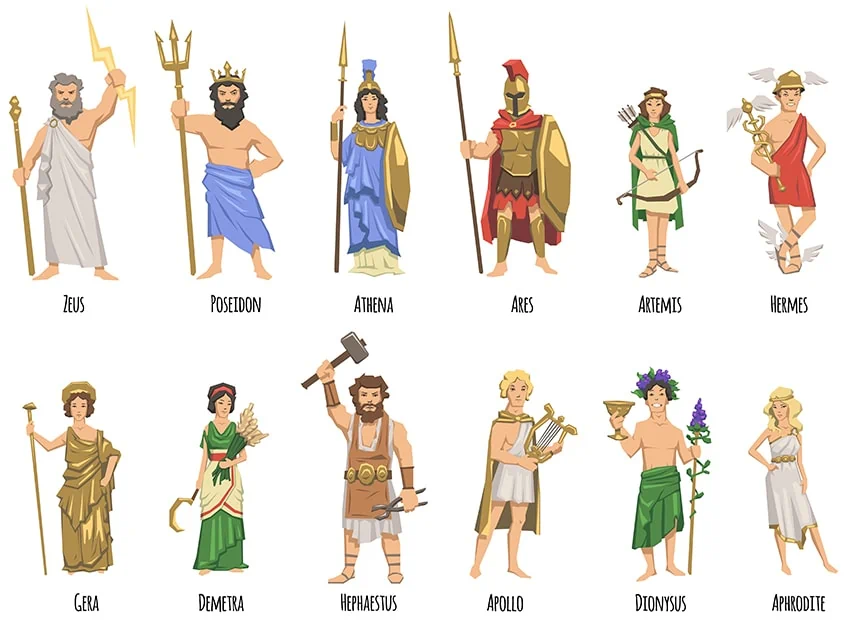
Symbols of Zeus
In Greek mythology, Zeus was the king of the gods and ruler of the sky and thunder. He was often associated with symbols such as the lightning bolt, eagle, and oak tree. The lightning bolt represented his power and authority over the skies, while the eagle was his sacred bird and a symbol of strength and freedom. The oak tree was also closely associated with Zeus as it was a symbol of stability and endurance. These symbols helped to define Zeus as a powerful and authoritative god who ruled over the natural elements and the other gods.
Symbols of Hera
Hera was the queen of the gods in Greek mythology and the goddess of marriage and childbirth. Her symbols included the peacock, cow, and pomegranate. The peacock was her sacred animal and a symbol of immortality and royalty. The cow represented fertility and motherhood, and the pomegranate symbolized fertility and abundance. These symbols helped define Hera as a goddess of feminine power and fertility, and they were often depicted in art and literature as a testament to her importance in Greek mythology.

